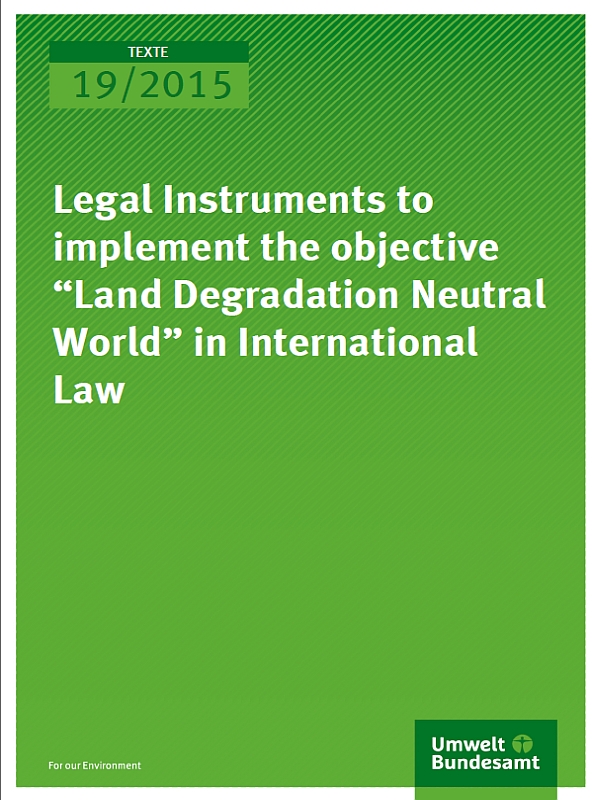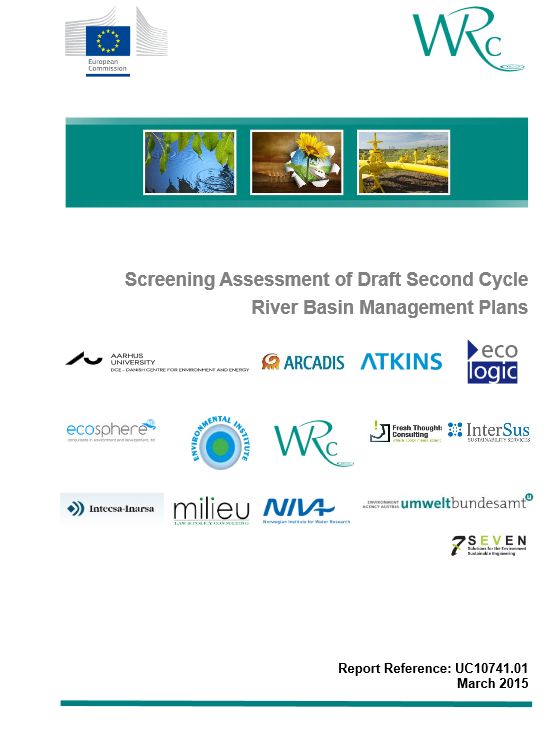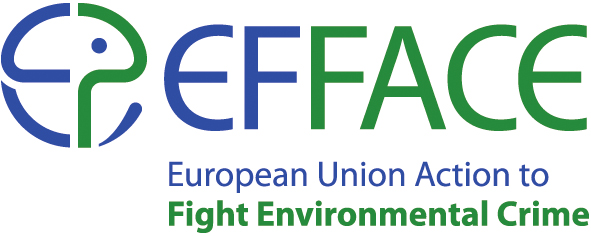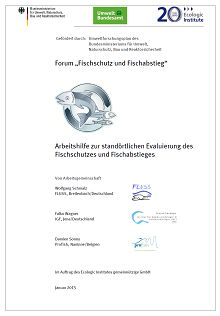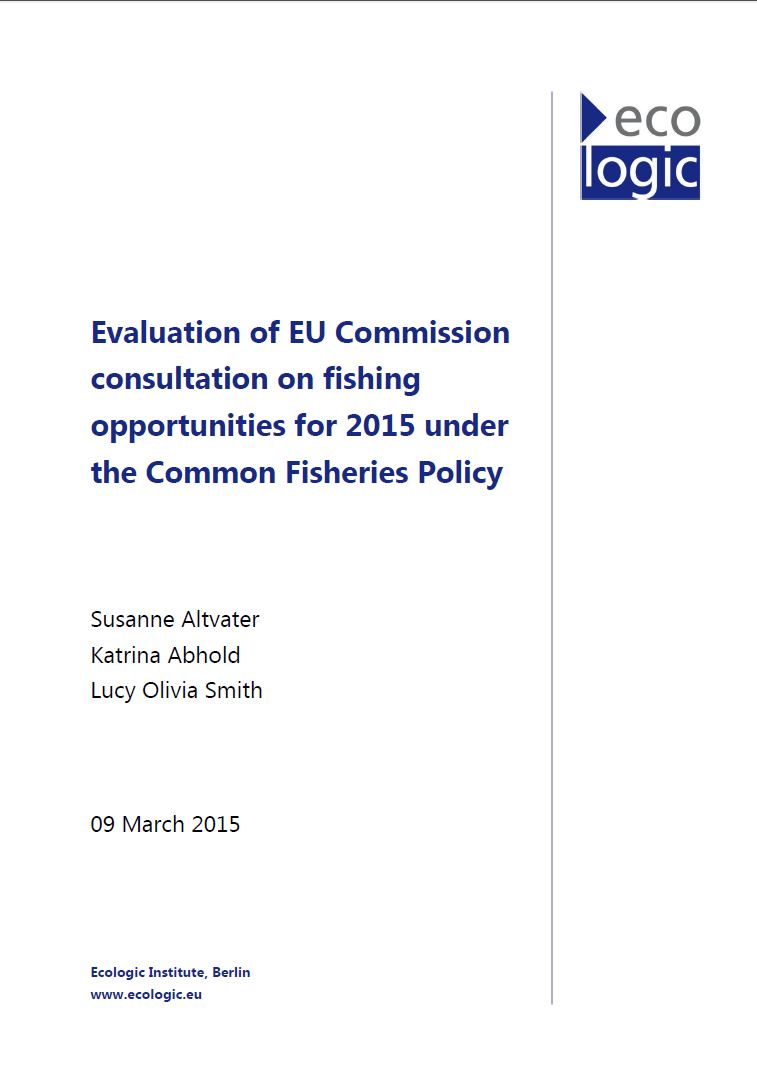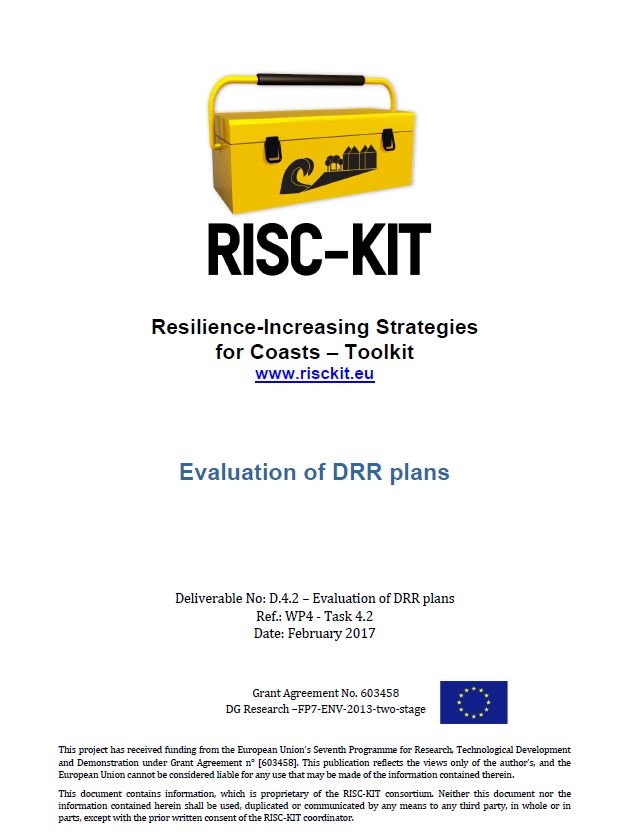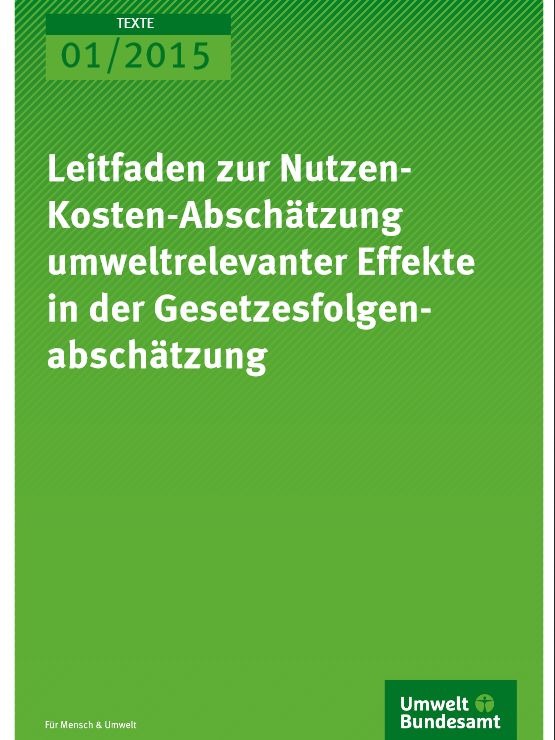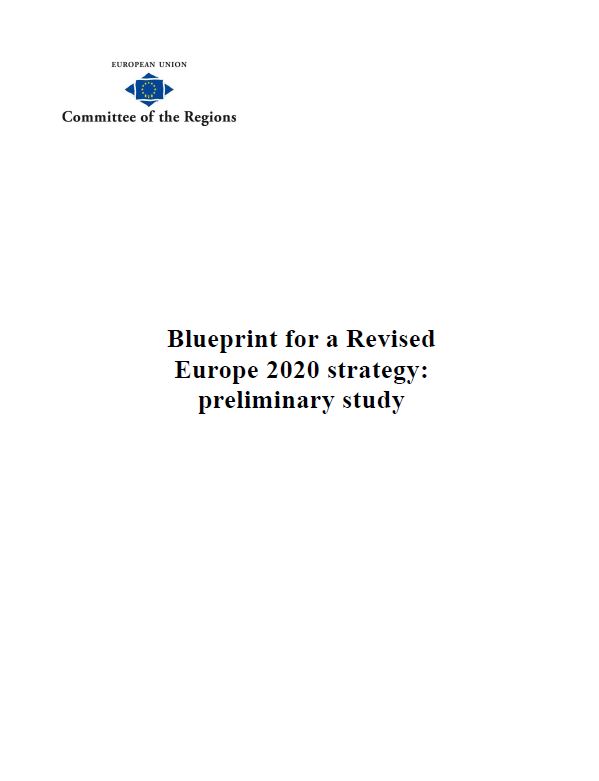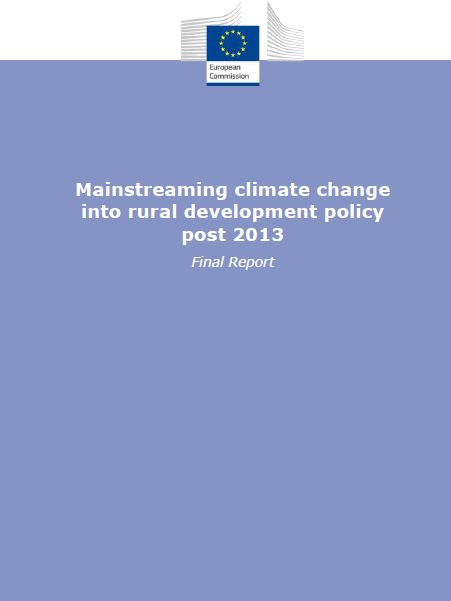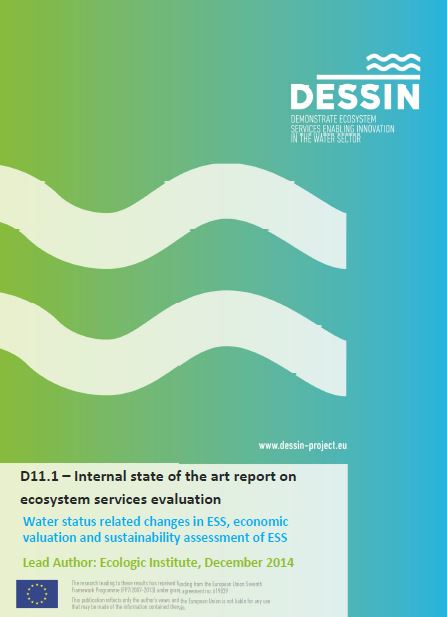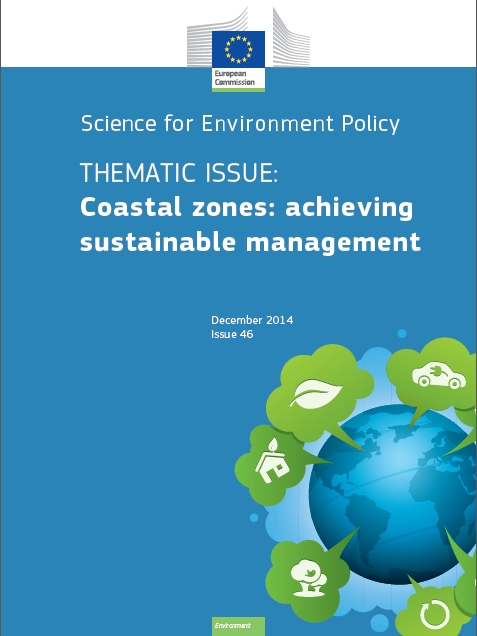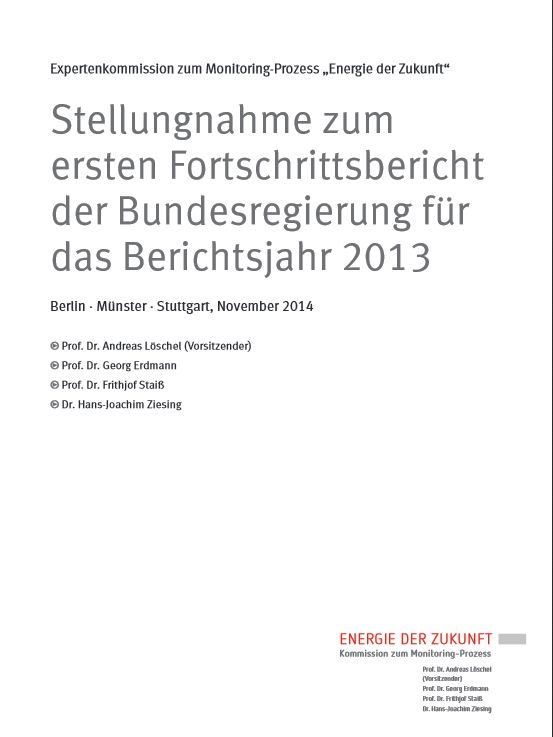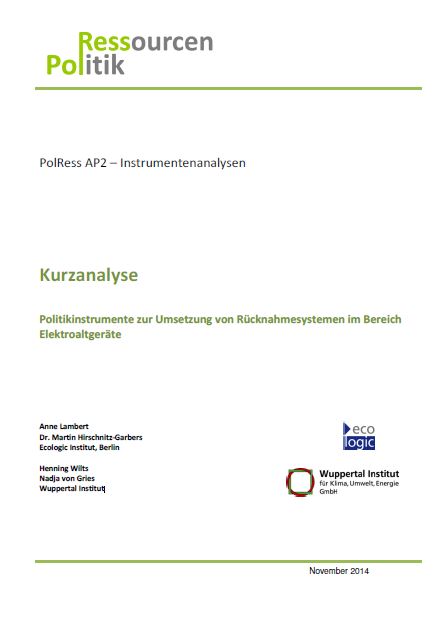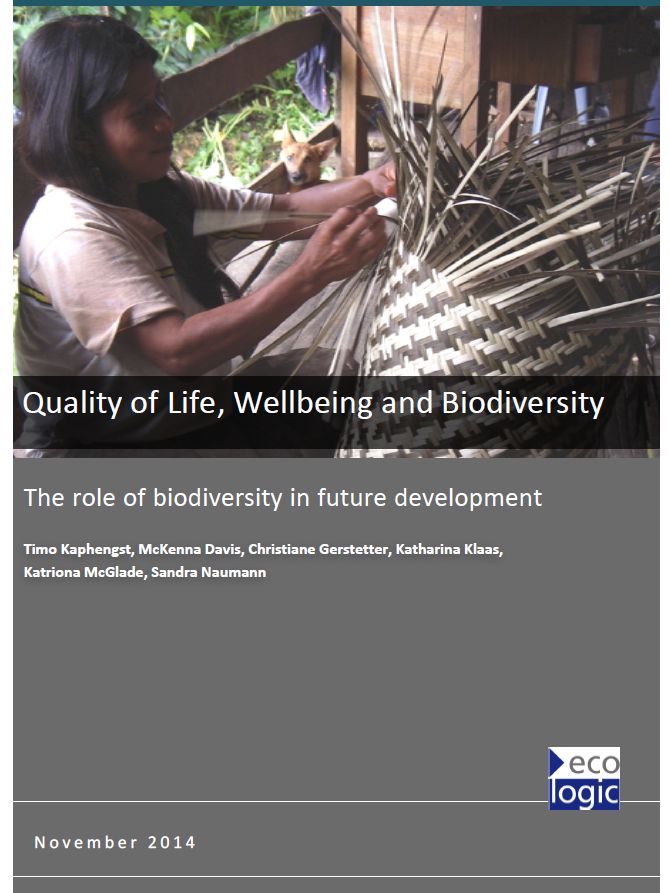Publication:Report
Publication:Report
Publication:Report
Publication:Report
Publication:Report
Publication:Report
Publication:Report
Publication:Report
Publication:Report
Publication:Report
Publication:Report
Water Status Related Changes in ESS, Economic Valuation and Sustainability Assessment of ESS
Internal state of the art report on ecosystem services evaluation (Deliverable 11.1, DESSIN)
Year
Read morePublication:Report
Publication:Report
Statement on the First Progress Report by the German Government for 2013
Expert commission on the "Energy of the future" monitoring process
Year
Read morePublication:Report
Politikinstrumente zur Umsetzung von Rücknahmesystemen im Bereich Elektroaltgeräte
PolRess – Instrumentenanalysen
Year
Read morePublication:Report
Quality of Life, Wellbeing and Biodiversity
The Role of Biodiversity in Future Development
Year
Read more